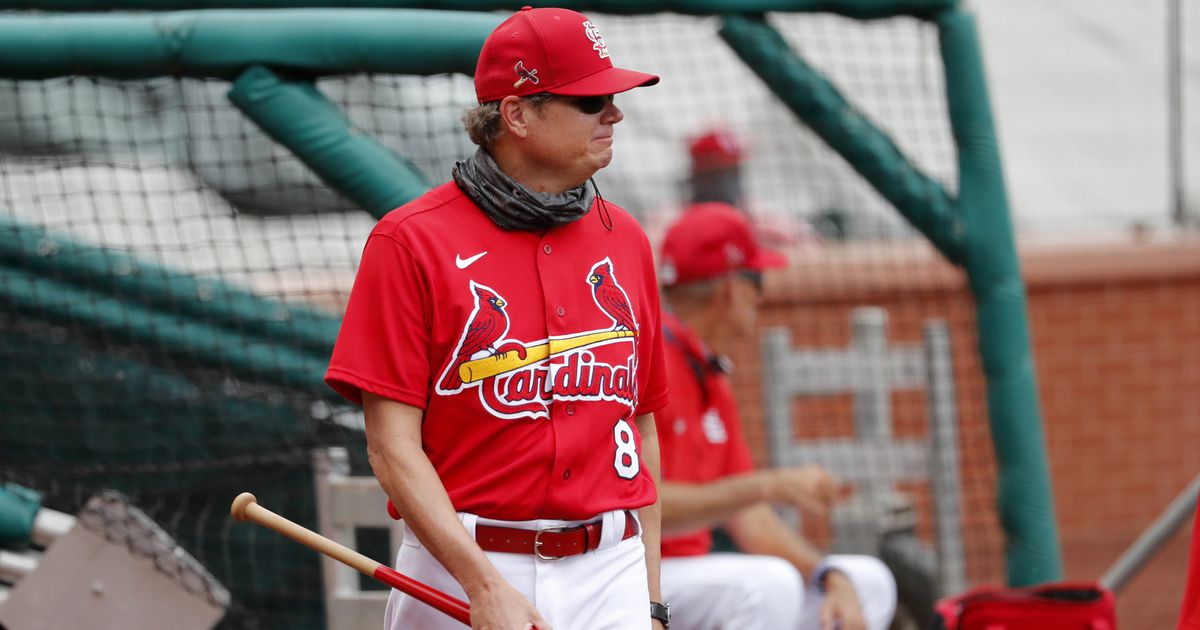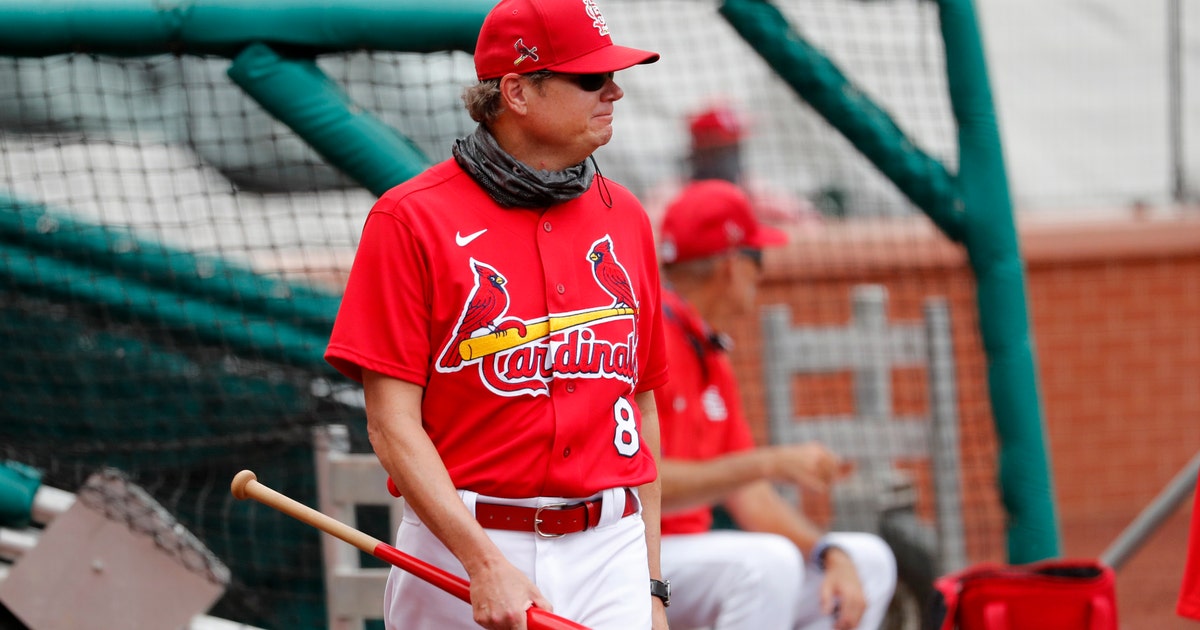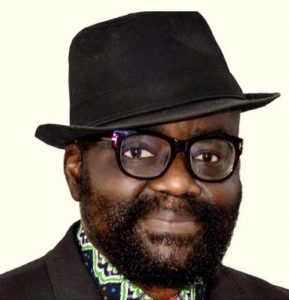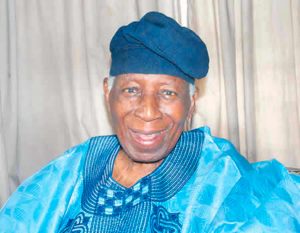Cardinals lose Johnson City affiliate as Appalachian League converts to college summer circuit


NEW YORK — Major League Baseball started the process of eliminating minor league affiliates Tuesday, with the Appalachian League converted to a college summer circuit for rising freshmen and sophomores.
The agreement between MLB and the minor leagues expires Wednesday. MLB has proposed cutting the minimum guaranteed minor league affiliates from 160 to 120 next year, which leaves four per major league organization plus teams at their spring training complexes.
MLB views the new status of the Appalachian League as following through on its commitment to preserve baseball in the cities losing affiliated minor league teams. MLB said it consulted with top college coaches in the change.
“Fans are going to get to see top prospects right in their hometowns, communities are going to see an influx of new revenue opportunities and players are going to receive state-of-the-art training, visibility to our scouts and educational programming that’s designed to prepare them for careers as professional athletes,” Morgan Sword, MLB’s executive vice president of baseball economics and operations, said during a news conference.
Many teams from the Pioneer League and the New York-Penn League also are likely to become part of college summer leagues.
MLB and USA Baseball said the Appalachian League will become part of its Prospect Development Pipeline and that 320 players will be invited to play next year. Technology for evaluation such as TrackMan will be installed, and former big leaguers are likely to be among the instructors.
“One big objective of ours here is to try to grow and activate baseball throughout Appalachia and throughout the country,” Sword said. “In a lot of ways, this is going to be a group that’s better suited to do that than the professionals that are there now.”
The Appalachian League had been an affiliated minor league with professional players since 1911.
MLB and USA Baseball said they are communicating with the NCAA to ensure participation does not detract from college eligibility, which presumably means players in the league no longer will be paid.
Appalachian League Commissioner Dan Moushon said his communities viewed the change positively and he anticipates facilities will continue to be upgraded.
“We’re grateful to Major League Baseball for preserving this tradition and for following through on their commitment to keep baseball in your communities,” he said. “We’re exited and proud that our league is a model on how to retain baseball in your community and to mark this moment, all off our clubs will overgo a rebranding.”
Each team will be scheduled for a 54-game regular season with wood bats, and the two organizations will support staffing and administration. USA Baseball will be in charge of operation. MLB has made a three-year commitment for it to be a college summer league.
The league could be in competition with the Cape Cod League for top amateur talent. The 10-team Cape League has long been the No. 1 summer ball destination for college freshmen, sophomores and juniors. Many top college players are drafted after their junior season and don’t participate in summer leagues the year they anticipate signing, meaning the deepest crop of talent for summer league is usually freshmen and sophomores.
The 10 teams in the Appalachian League will change their names and logos to “incorporate symbols and images important to their respective local communities,” according to MLB and USA Baseball.
West Virginia’s two U.S. senators, Democrat Joe Manchin and Republican Shelley Moore Capito, appeared at the Zoom news conference to thank MLB and minor league officials.
“I think this is a great day for southern West Virginia,” Capito said. “Overall I think it’s an exciting way for families to join together in an affordable way to join and watch great baseball.”
The 10 teams that were scheduled to be in the Appalachian League at the Rookie Advanced level in 2020 were:
Bluefield (West Virginia) Blue Jays; Bristol (Virginia and Tennessee) Pirates; Burlington (North Carolina) Royals; Danville (Virginia) Braves; Elizabethton (Tennessee) Twins; Greeneville (Tennessee) Reds; Johnson City (Tennessee) Cardinals; Kingsport (Tennessee) Mets; Princeton (West Virginia) Rays; and Pulaski (Virginia) Yankees
A large number of teams in the Rookie Advanced Pioneer League and the Class A Short Season New York-Penn League also were on an early list of those targeted to lose their affiliations but it is not clear whether those targeted by MLB have changed.
MLB owns most of the Appalachian League teams and has local operators, making the change the easiest of the switches.
The early list included four Double-A teams from the Eastern League and Southern League and several from the Class A Advanced Florida State League, Midwest League and South Atlantic League, and the Class A Short Season Northwest League.
MLB has proposed eliminating the office of the National Association of Professional Baseball Leagues in St. Petersburg, Florida, and moving administration of the minors to MLB’s office in New York. Pat O’Conner, president of the National Association since December 2007, said on Sept. 8 that he will retire on Dec. 31.
Sword said MLB had agreed with minor league owners not to comment on negotiations for a new PDA while talks were ongoing.
Among other changes MLB has announced, the independent American Association, Atlantic League and Frontier Leagues were designated as partner leagues.







